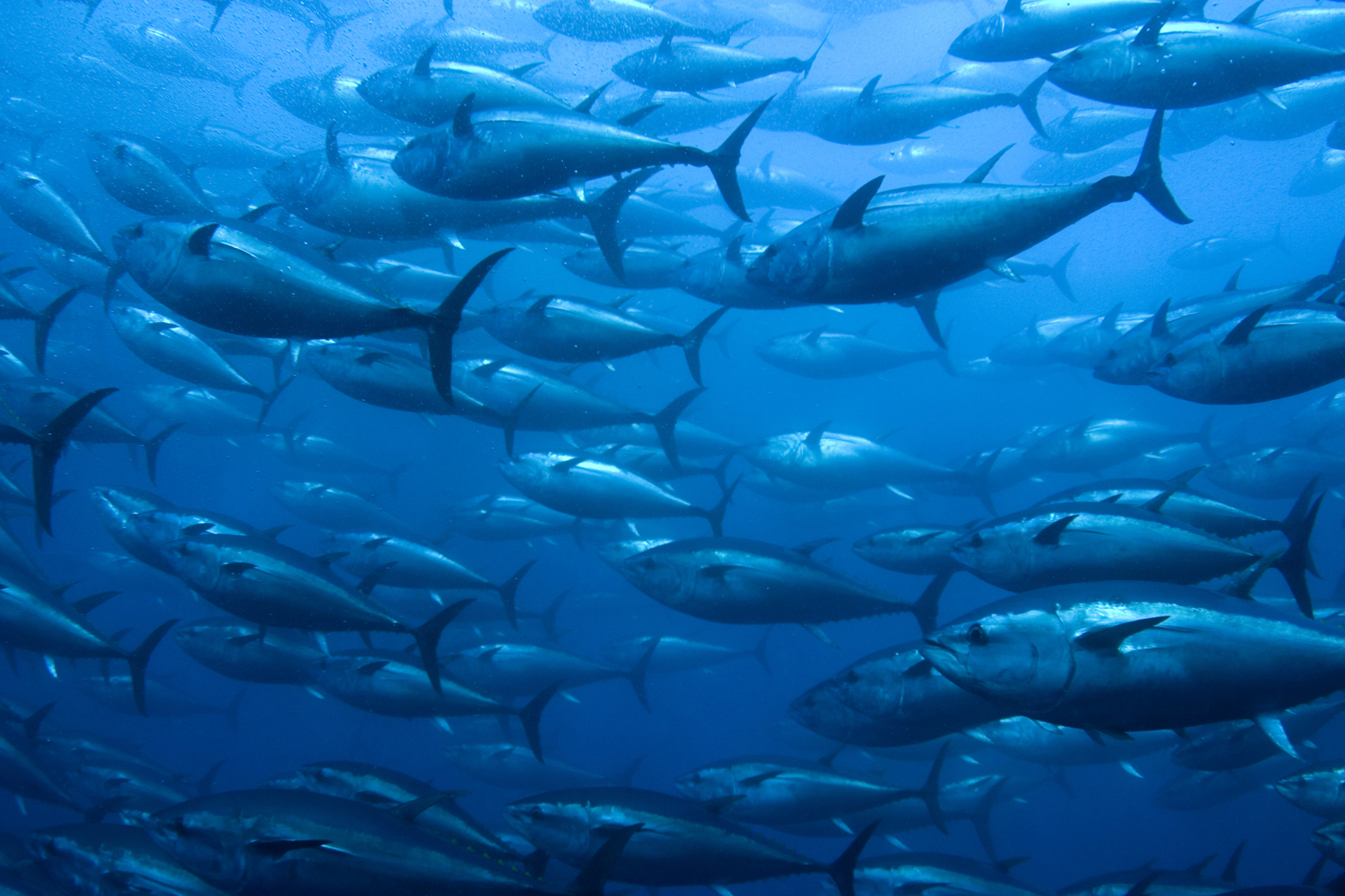In March, the internet news site Videonews.com posted a conversation between environmental journalist Tetsuji Ida and Waseda University researcher Yasuhiro Sanada, who writes about fisheries. During the talk, Sanada said that whaling is a "dead industry," and seemed to think that the ongoing controversy over Japan's official research whaling policy is a red herring. The Nippon Research Center says that 95 percent of Japanese people consume whale very rarely or never at all. Whaling only employs about 1,000 people. And regardless of the questionable morality of Japan's research whaling program, it only kills several hundred whales a year, which doesn't have much of an impact, environmentally or otherwise.
Hiroki Ose, a commentator for NHK, elaborated on this theme in a blog post on April 20. Japan's fishing interests are sensitive to international criticism because of whaling, he said, and this sensitivity is shared by the public, which tends to get defensive when it hears non-Japanese complain about Japan's seafood industry. As a result, other contentious issues regarding Japanese fishing are seen as Japan- bashing.
Both men were talking independently about a different subject: the overfishing of bluefin tuna, a problem for which Japan is mainly responsible. Japan consumes about 80 percent of the bluefin caught in the world, and though the country's appetite for kuromaguro is described in its media as being voracious, it's not a negative characterization, because the environmental effects of that appetite are rarely mentioned. So when people hear through news reports that international organizations are calling for stricter catch limitations and even moratoriums on tuna fishing, they feel as if their way-of-life is being threatened.

















With your current subscription plan you can comment on stories. However, before writing your first comment, please create a display name in the Profile section of your subscriber account page.